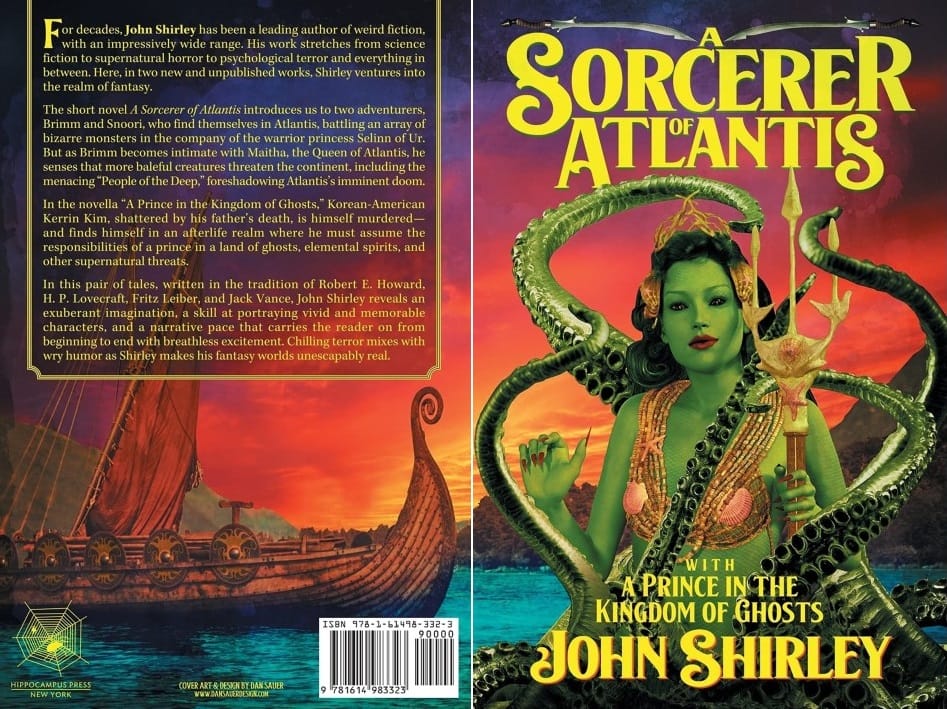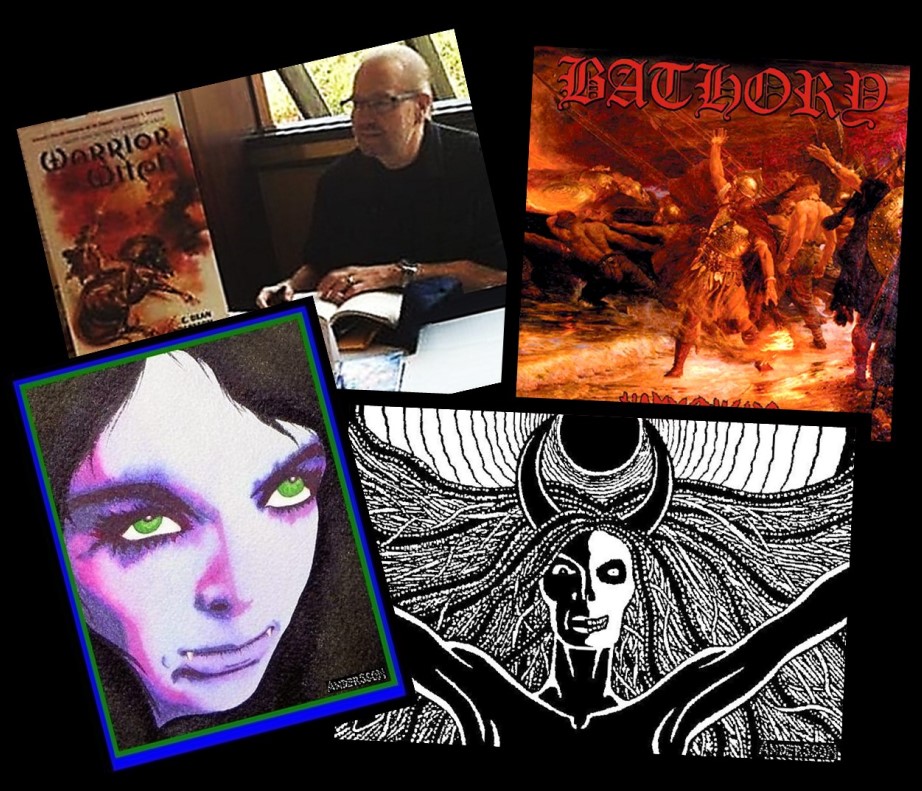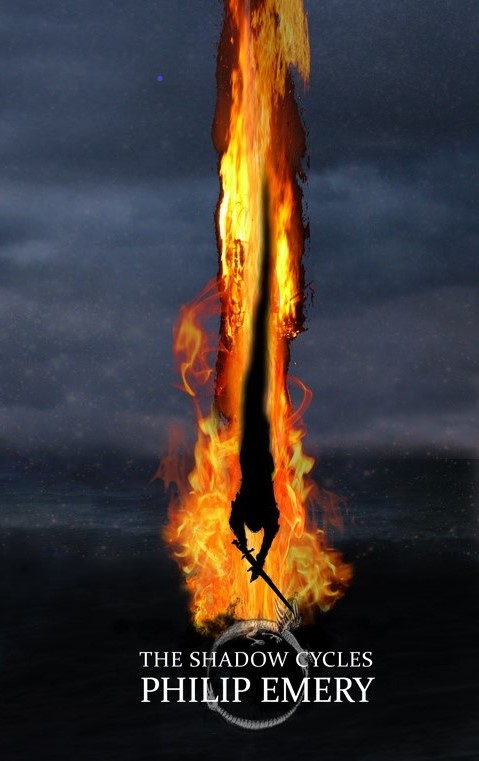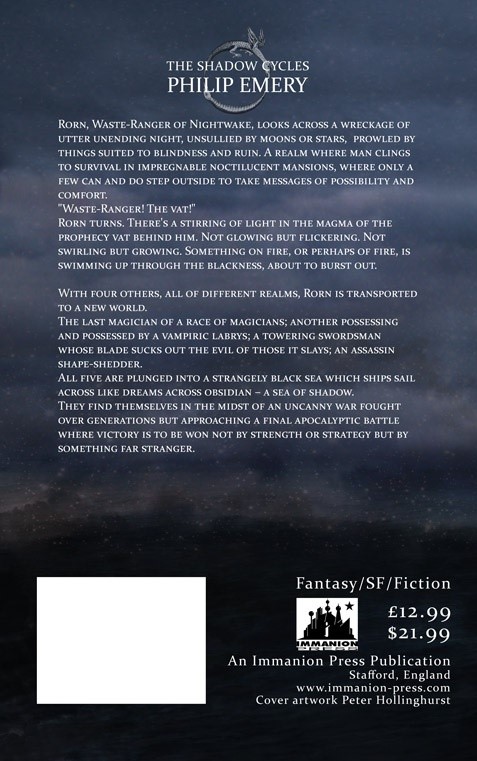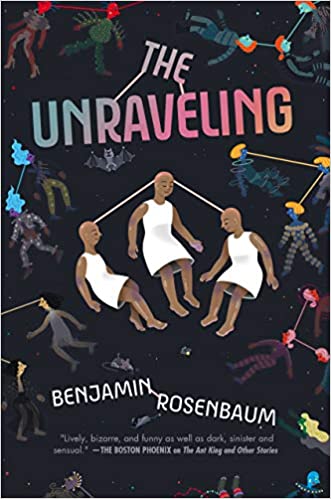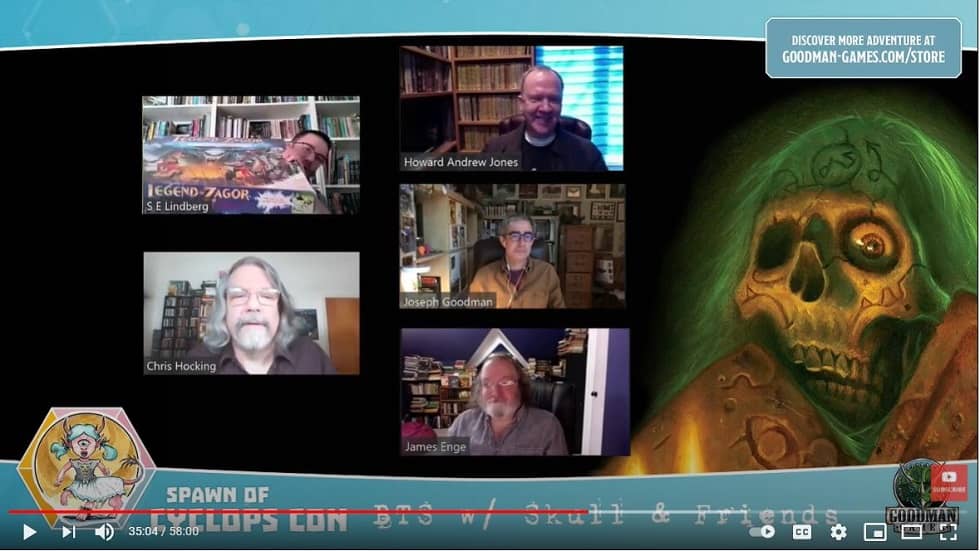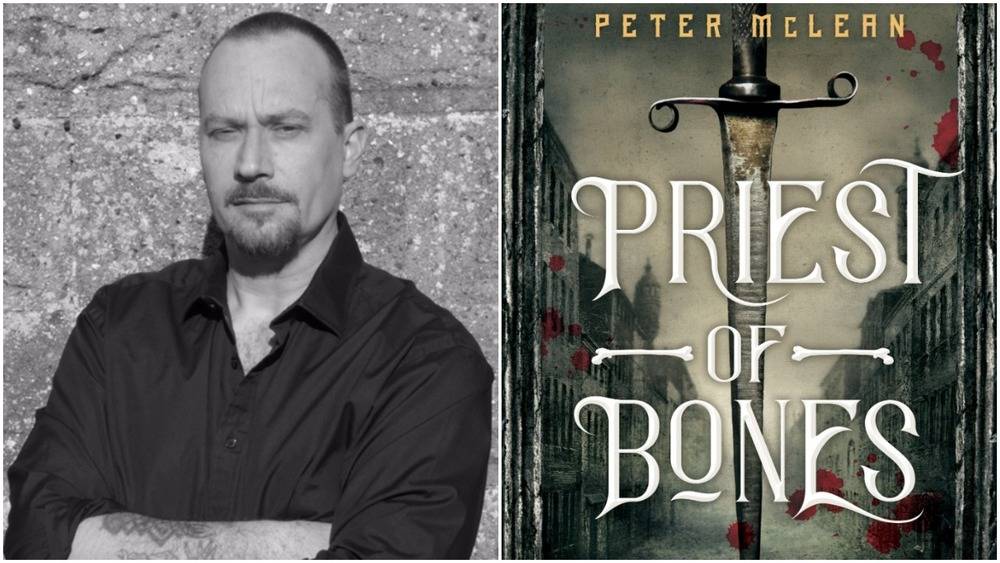The Nexus of Horror: An Interview With Paula Guran
Paula Guran is one of the most accomplished editors in the business. She began with Dark Echo, one of the first email newsletters, which she created in 1994; her 49th anthology, The Year’s Best Dark Fantasy & Horror: Volume Two, will be published by Pyr Books on October 19th.
I sat down with Paula this morning to talk about her new book, and discovered she had a lot to say — lively anecdotes from a two-decade career, what it is about horror that keeps her coming back, how the pandemic has affected modern horror, the best new novels of the past few years, and the amazing writers we should all be paying more attention to.
It was a lively and enormously entertaining discussion with one of the most wildly read and keen-eyed observers of the industry, a woman who’s demonstrated an uncanny talent for spotting and showcasing some of the most talented new writers working today. Check out the entire 35-minute interview here.
